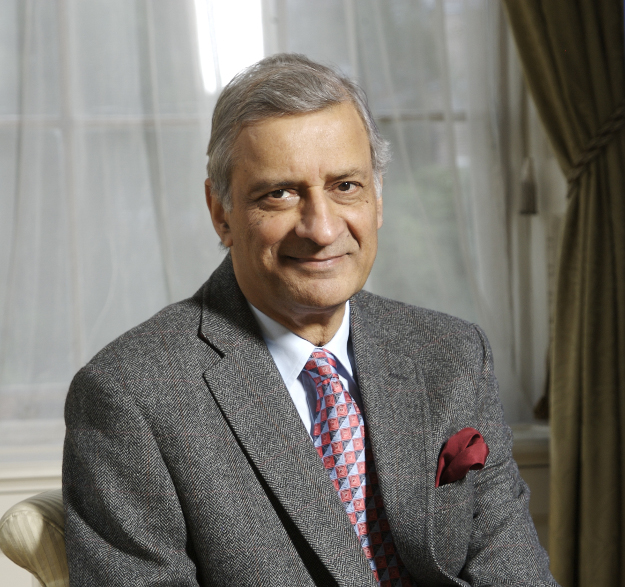Small may or may not be beautiful, but it is always special – not least in the Commonwealth. The headline facts may proclaim that over half of the people in this 2-billionstrong association are Indian, and that a further third are Bangladeshi, Nigerian or Pakistani, but the Commonwealth has never looked at its challenges only through the prism of its most populous countries. Nor, for that matter, through the prism of its richest, or its best endowed.
To do so would be to overlook well over three-quarters of the Commonwealth’s membership, and the equally critical missing tenth of its population, who are the special charge of this organisation.
At the governmental level, the Commonwealth exists especially for its voiceless and vulnerable. No less than 32 of its 54 members answer to the official World Bank requirement of the ‘small state’, in having populations of less than 1.5 million people.
While the world’s current economic travails have been spot lit almost solely through the trials of the major economies, the small states find themselves in the gloom of the margins, and their own misfortunes relegated to collateral damage.
Small states have been dragged in the wake of the downturn in larger economies. In 2009, half of all Commonwealth countries suffered negative or stagnant growth, reflecting reduced trade, investment and remittances, resulting in lower government revenue, and less money available for everything. Hardest hit have been the critical sectors of health and education, which are so crucial to the Millennium Development Goals.
While the fortunes of smaller states are inseparable from those of the larger, their interests can never be seen as subsidiary. The Commonwealth’s firm belief is that they have always been and will always be entities in their own right, and that their needs have a priority claim on the world’s attention.
Small states suffer from their remoteness, their susceptibility to natural disasters, their limited institutional capacity and potential for economic diversification, and their external dependency. The consequences could be seen well before the current crisis, when growth in small states lagged, even in better times. Their concerns have been compounded by the removal of trade preferences for traditional exports, and rising concerns over youth unemployment, security and crime, and HIV/AIDS.
The Commonwealth has helped small states in their efforts at repositioning their economies with new export strategies, many in sectors less vulnerable to transport and infrastructure costs, such as finance, insurance, and e-commerce, as well as health and education.
We have also lobbied energetically on behalf of small states in the global debate on climate change, and in their need to access both the financing and the technology which will allow them to adapt in the face of the challenge. In October 2010, we are organising an innovative global conference in London, on climate change financing for small states. In the past seven years, $2 billion has been deposited into climate change funds, but only $700 million has been disbursed. Those that are the most vulnerable to climate change have received the least, so the conference seeks to find ways to turn those figures around.
Secretary-General Diouf of the Organisation Internationale de la Francophonie (OIF) and I briefed Prime Minister Harper on the eve of the G20 Toronto meeting in June. We said that the G20’s concern is not entirely itself, but also the ‘G172’ – the smaller, more vulnerable states which do not sit at its table. Three of our four Commonwealth-OIF proposals featured prominently in the final communique: the commitment to establish a new working group on development; the recognition of the need to explore innovative, non sovereign, sources of development funding; and the need for more to be done to develop a global campaign on midwives, to tackle the shameful level of maternal mortality.
The larger states can and must listen to the smaller, and engage with their agenda. It is the Commonwealth’s mission always to advance this cause of global solidarity and sanity.






